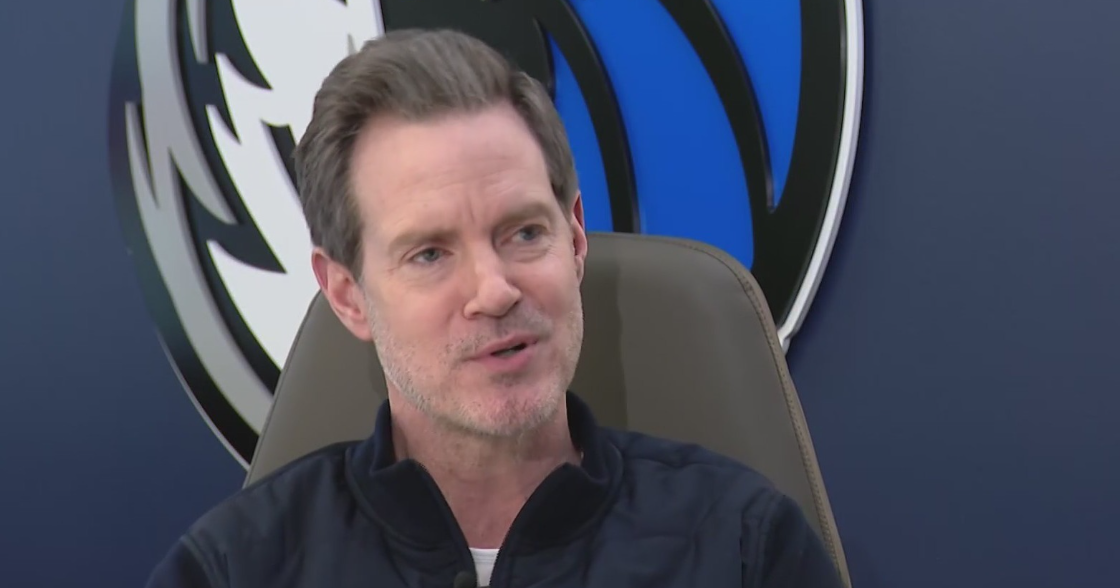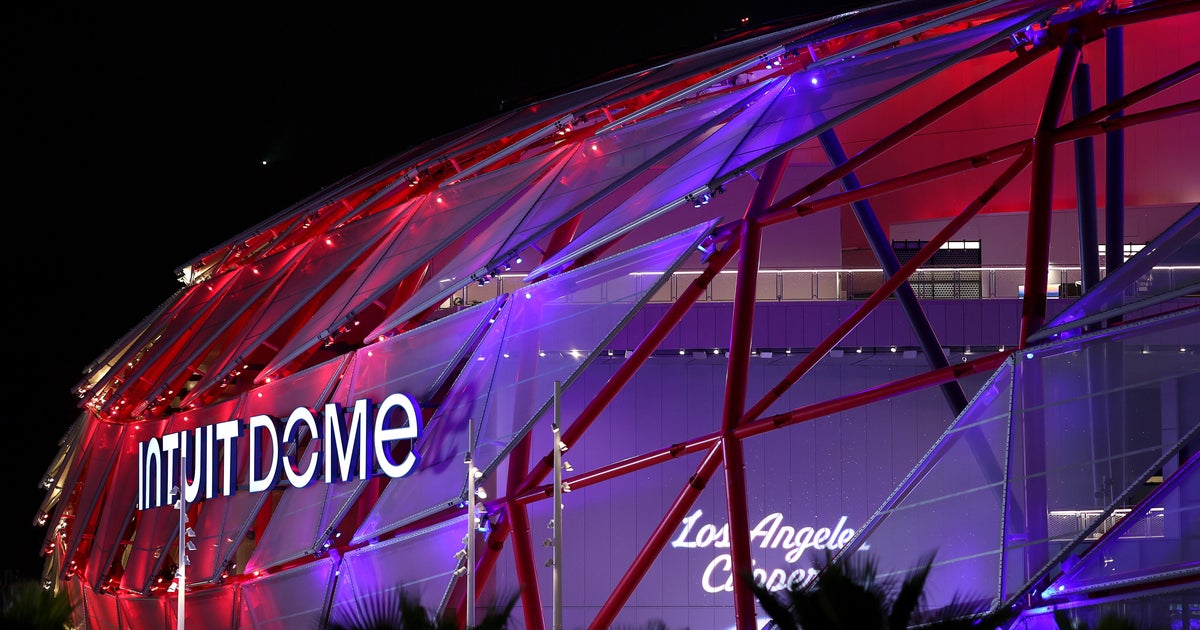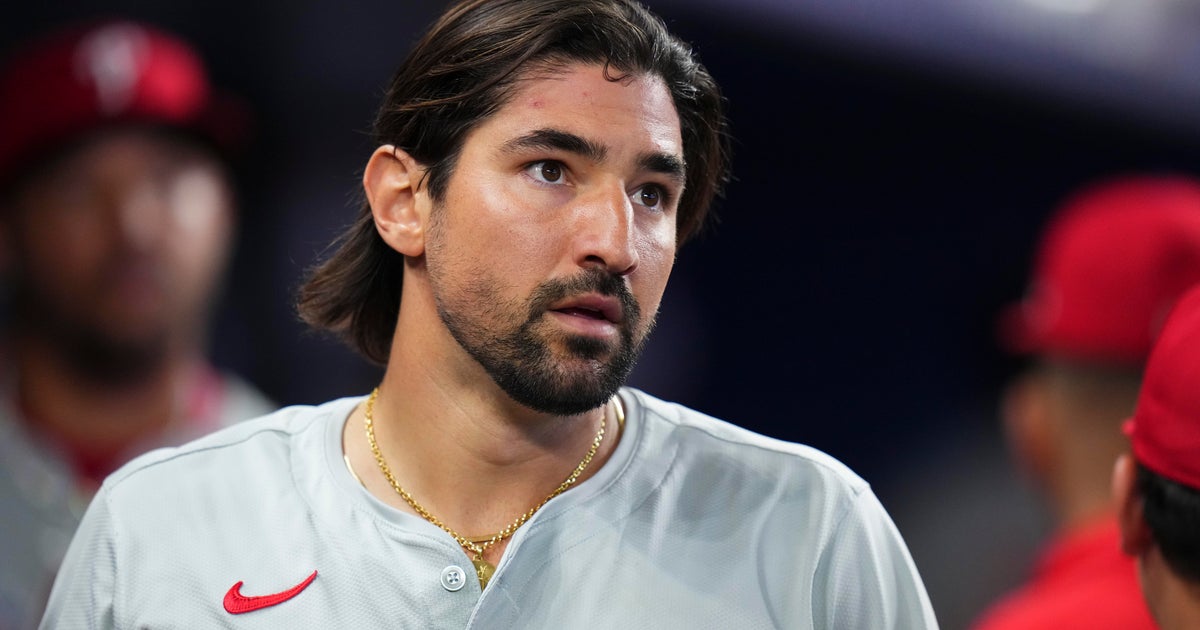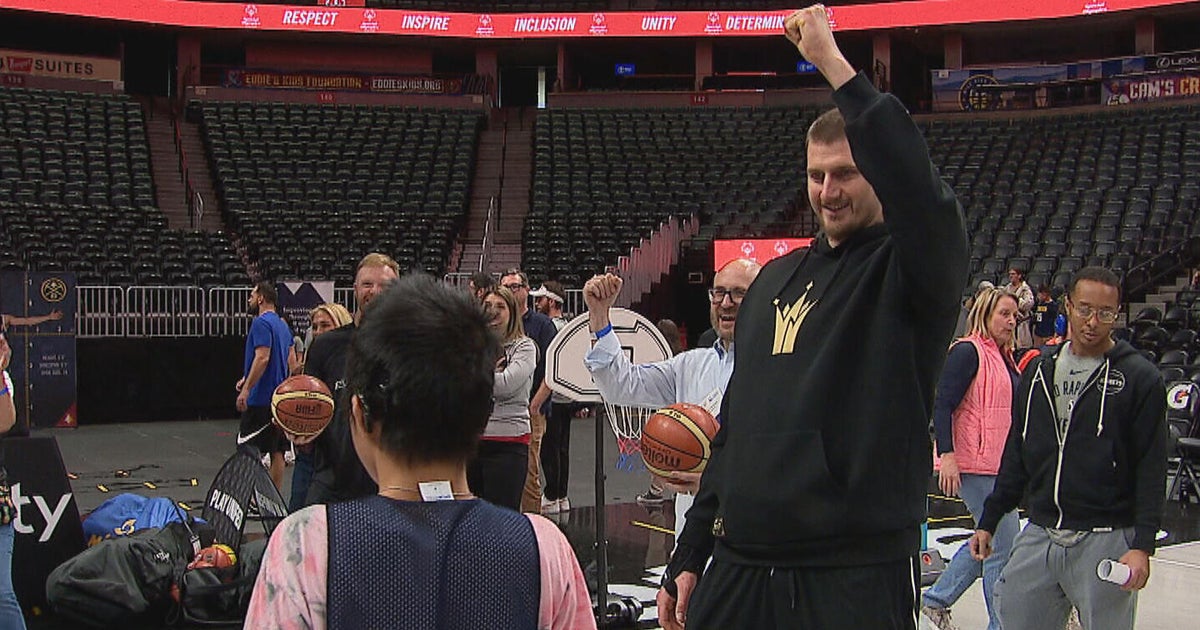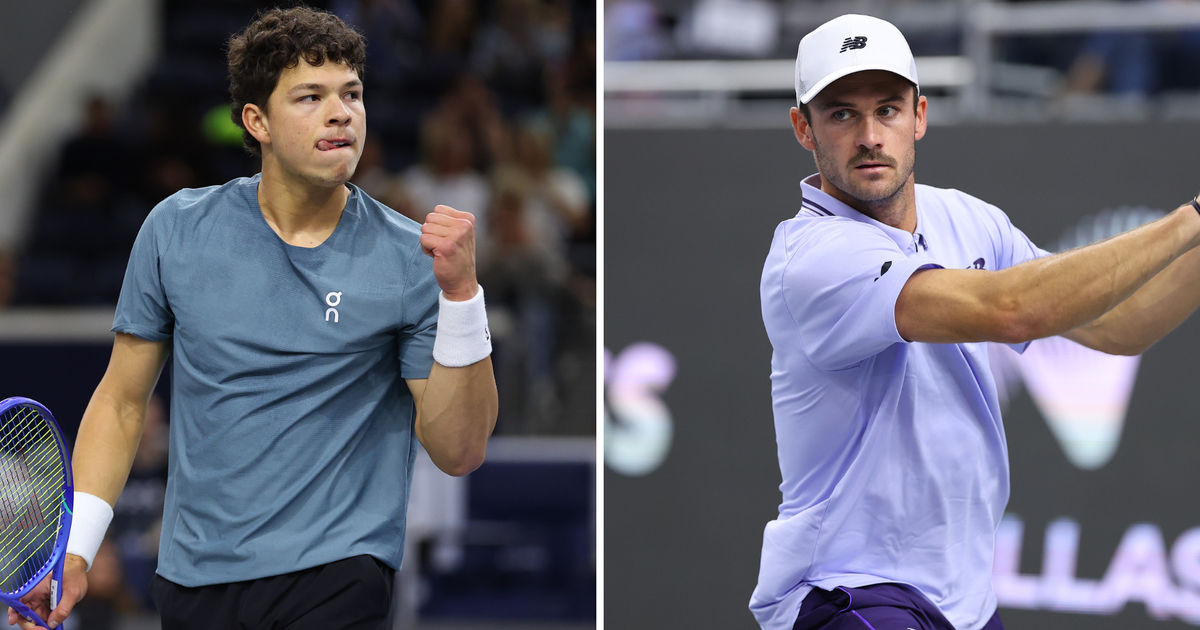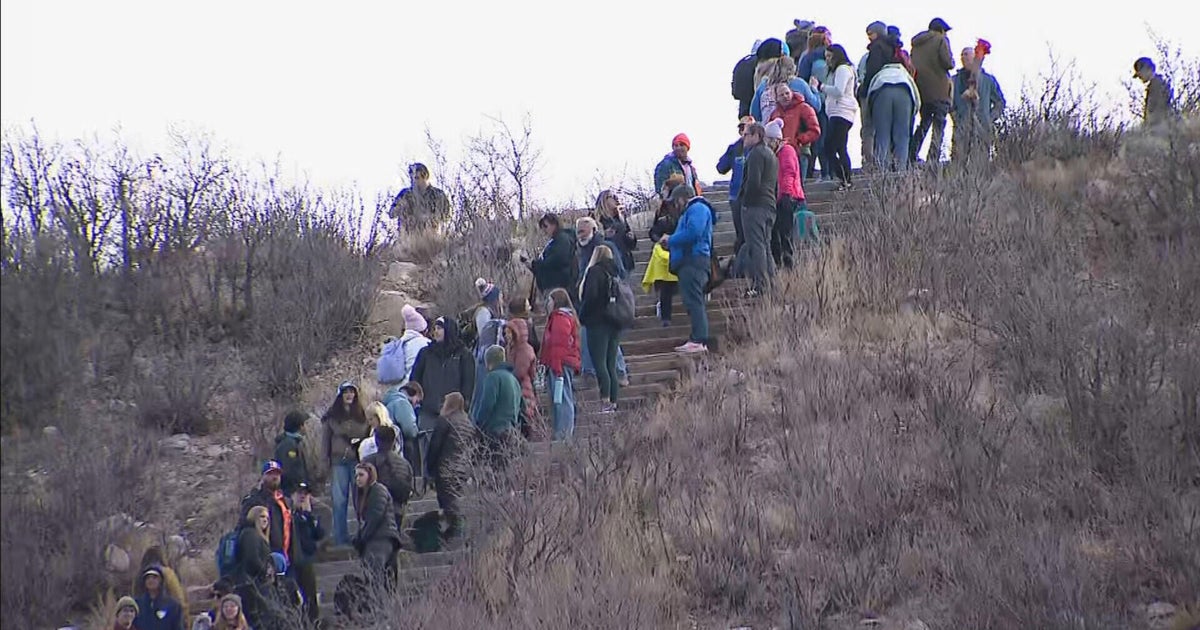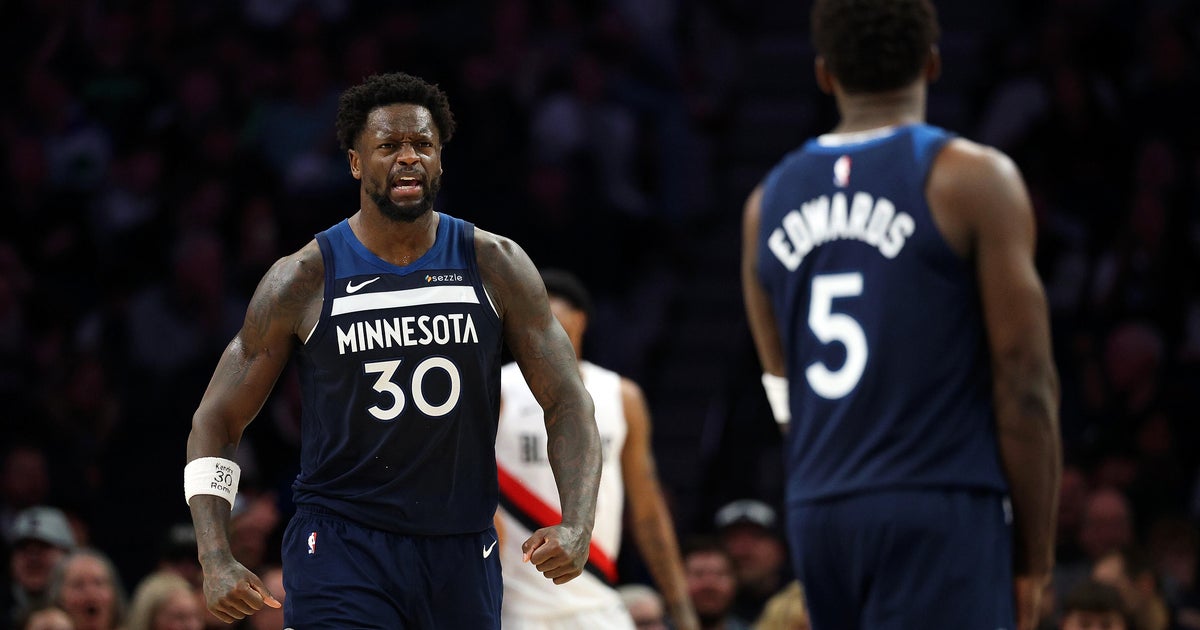Heat Release Schedule For Possible 2011-2012 Season
MIAMI (CBSMiami.com) – Despite their being no scheduled meetings to resolve the NBA lockout, the league released its schedule Tuesday. Assuming the season starts on time, the Miami Heat will open the season in New York against the Knicks.
It will be the first of nine home games in the first month of the hypothetical season and a chance for the Heat to assert their home-court dominance, like they did in the 2011 NBA Playoffs.
The Heat are scheduled to host the Dallas Mavericks in a 2011 NBA Finals rematch on Christmas Day at 2:30 p.m. The Heat will also play host to the Los Angeles Lakers on December 8th at the AmericanAirlines Arena.
LeBron James will make a return trip to Cleveland early in the season on November 18; and Cleveland will return the favor on April 6, 2012.
Click here to download the entire schedule.
The Knicks are scheduled to come to South Florida on December 27th, followed two days later by a visit from the Chicago Bulls. If you want to see Kevin Durant and the high-flying Oklahoma City Thunder, circle December 23rd for a game against the Heat at the AmericanAirlines Arena.
For the 2011 NBA Finals rematch part deux, March 29th will feature the Dallas Mavericks returning to the AmericanAirlines Arena for the first time since winning the NBA Championship this season.
The Heat has a tough March with 10 of 16 games on the road. In April, the Heat plays playoff teams Boston, Chicago, New York, and Indiana on the road; and welcome playoff teams Denver, Atlanta, and Philadelphia into the AAA.
The Heat, a mainstay on NBA broadcasts last season, are currently scheduled to be on national television a total of 28 times in the 2011-2012 season.
The regular season is scheduled to end on April 18, 2012.
But all of this becomes a moot point if the players and owners can't come together on a new collective bargaining agreement. Both sides are far apart on the details of a new deal and no negotiations have been scheduled for the next few months.
Working off the precedent set during the 1999 work stoppage, if games begin to get cancelled, the first to be gone will be against teams in the Western Conference. The 1999 work stoppage cost the NBA half the season and the league has never fully recovered since then.
The entire season remains at risk right now as a group of small-market owners have taken control of the NBA's bargaining position and refuse to budge on a new collective bargaining agreement that doesn't significantly increase their revenue streams.
In order to do this, owners want to cap player expenses to roughly $2 billion, even though player expenses don't make up the majority of a team's costs. The NBA expects to generate a big increase in revenue from a new TV deal in the coming years and players don't want to lose any piece of that pie by capping the amount of total money going to players.
